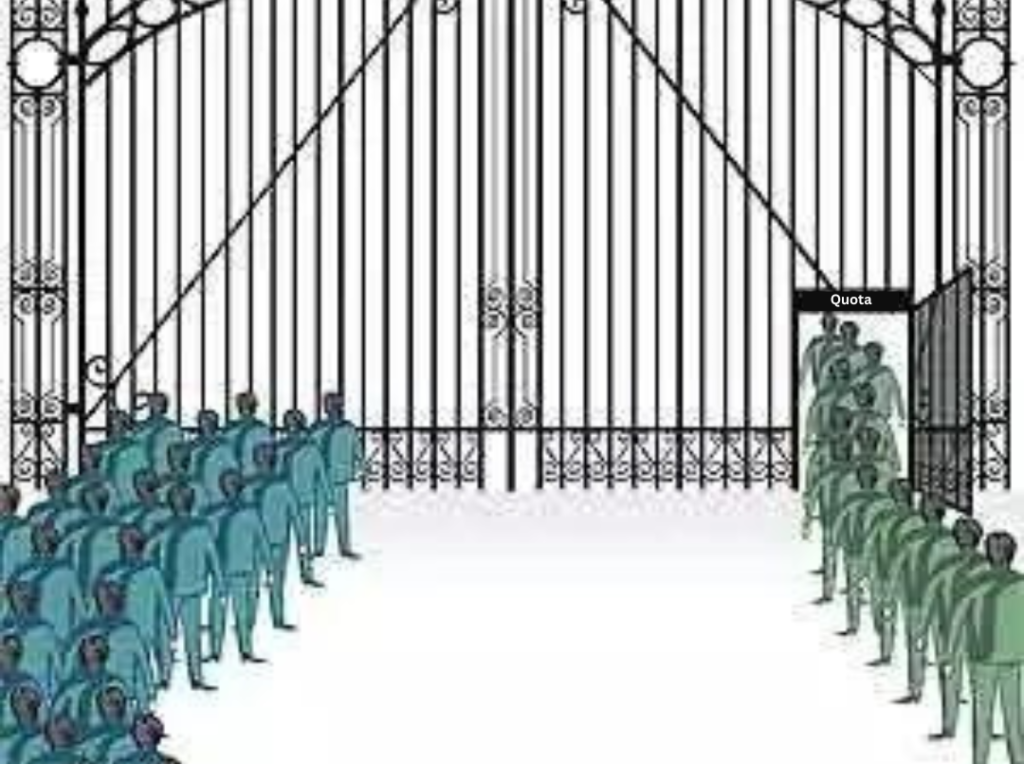NOTA in Indian Elections: Analyzing the Significance and Future Implications
Introduced in 2013 following a Supreme Court directive on a plea by the Peoples Union for Civil Liberties (PUCL), “None of the Above” (NOTA) provides voters with the option to reject all candidates contesting an election. But how does this impact election outcomes?
Why Do People Vote for NOTA?
In elections, several candidates vie for a seat from their respective parties. However, if voters believe none of the candidates are competent, they can choose NOTA. This option allows voters to express their dissatisfaction with the available choices without abstaining from the voting process.
What Happens if NOTA Receives a Majority Vote?
Logically, if the majority of voters select NOTA, the election should be declared void, necessitating a process to elect a deserving candidate. However, according to current rules set by the Election Commission of India (ECI), if NOTA gets the majority votes, the candidate with the next highest votes is declared the winner.
Difference Between Not Voting and Voting for NOTA
Presently, opting out of voting and choosing NOTA has the same effect. The ECI considers NOTA votes as invalid, and the candidate with the next majority votes is elected. Hence, if you find none of the candidates satisfactory, choosing NOTA is an option to consider over abstaining from voting.
Surat Elections 2024
In the recent Lok Sabha elections in Surat, only one candidate, Mukesh Dala from the BJP, stood for election and was declared the winner without a contest. Following this, a PIL was filed in the Supreme Court, arguing that elections should still be conducted even if there is only one candidate. The PIL suggests that if a candidate loses to NOTA, fresh elections should be held, and the losing candidate should be barred from contesting for five years. It also proposes that NOTA should be treated as a fictional candidate.
By understanding the significance of NOTA in Indian elections, voters can better appreciate its role and potential impact on the democratic process. The recent developments in the Surat elections highlight the ongoing legal and political discourse surrounding this important electoral tool.


